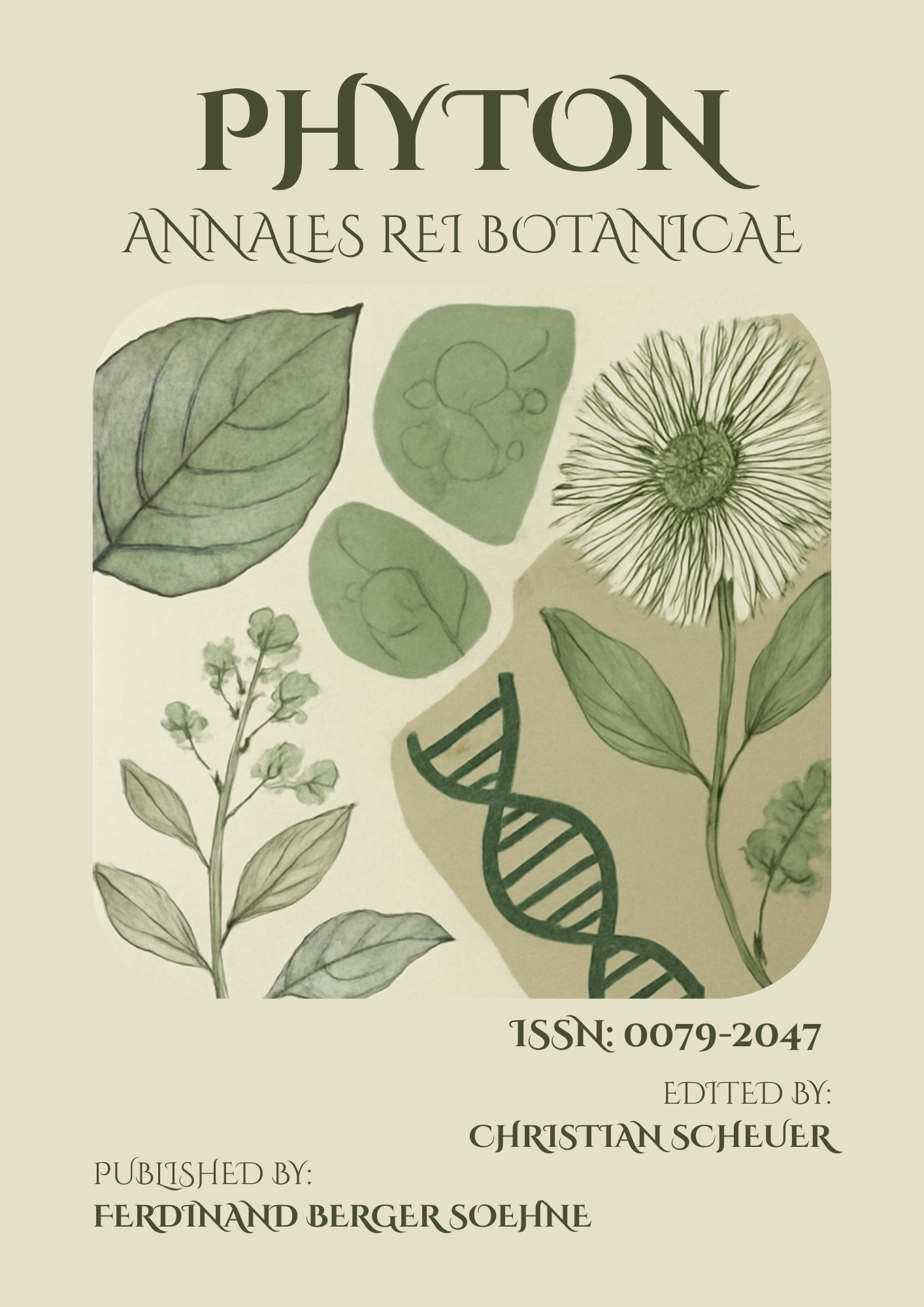Conservation Biology and Biodiversity: Strategies, Challenges, and Future Directions
Keywords:
natural resources, Conservation biology, overexploitationAbstract
Biodiversity forms the foundation of ecosystem stability and human well-being, yet it faces unprecedented decline due to habitat destruction, climate change, pollution, and overexploitation. Conservation biology, as an interdisciplinary field, aims to understand the dynamics of species, ecosystems, and genetic diversity to develop strategies for their protection. This paper explores the principles and applications of conservation biology in maintaining global biodiversity. It reviews the current threats to biodiversity, evaluates conservation strategies such as protected areas, ecological restoration, and community-based management, and highlights the role of genetic diversity in species resilience. The study emphasizes the need for integrative conservation approaches combining science, policy, and local participation to ensure sustainable management of natural resources in the face of climate and anthropogenic pressures.
Downloads
Published
How to Cite
Issue
Section
License
Copyright (c) 2025 PHYTON-ANNALES REI BOTANICAE

This work is licensed under a Creative Commons Attribution-NonCommercial-ShareAlike 4.0 International License.
This article is published under the terms of the Creative Commons Attribution-NonCommercial-ShareAlike 4.0 International License (CC BY-NC-SA 4.0). Readers may share and adapt the material for non-commercial purposes, provided appropriate credit is given and adaptations are shared under the same license.


